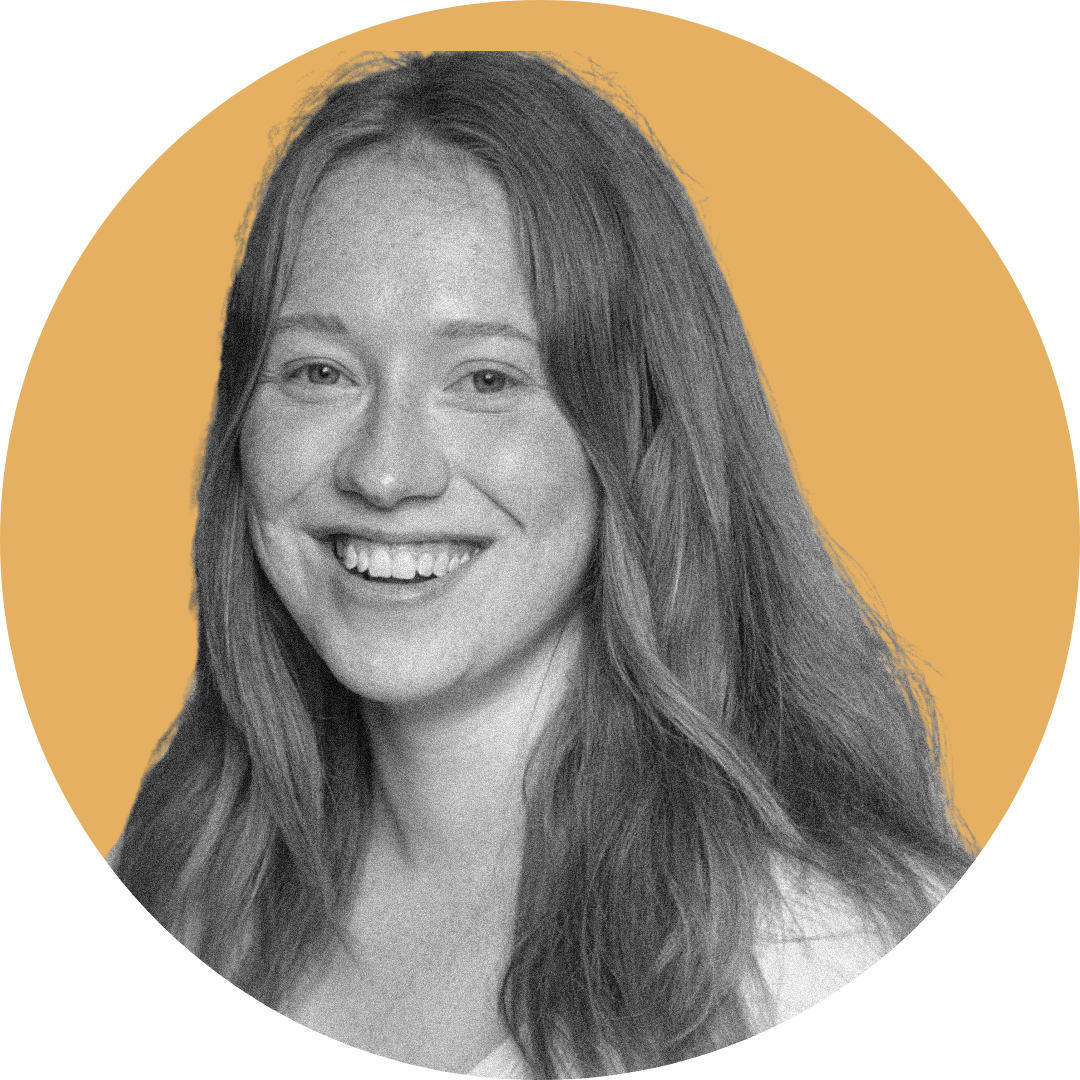The ultimate guide to buying a second home
 Anya Gair
Anya GairPurchasing a second home is an exciting venture that can provide a multitude of benefits, from having your own holiday retreat to investment opportunities. However, it also comes with its own unique set of considerations and challenges. This guide has all the essential information you need to make an informed decision about whether buying a second home is right for you.
In this guide
- What is classed as a second home?
- How many second homes are there in the UK?
- How do I buy a second home?
- How much deposit do I need to buy a second home?
- Are mortgage rates higher for second homes?
- Can I buy a home for my child?
- Do you pay tax on a second home in the UK?
- How to avoid stamp duty on a second home?
- Is it worth owning a second home?
To see the best ways for you to purchase a second home from over 100 mortgage lenders, create your own free, personalised Tembo recommendation today.
What is classed as a second home?
In the simplest terms, a second home is any property that you own in addition to your primary residence. This can include holiday homes, investment properties, or even homes purchased for family members. Owning a second home can be a strategic move, but it’s important to understand the specific criteria and implications that come with it.
How many second homes are there in the UK?
There are 482,000 second homes in the UK, 50% more than there were in 2010. These properties range from seaside cottages and rural escapes to urban apartments and city homes. The rise has been due to the market for second homes steadily growing, driven by both domestic buyers and international investors. Whether you are looking for a tranquil weekend getaway or a viable investment opportunity, being aware of the market landscape helps ensure you make a confident and well-informed decision.
How do I buy a second home?
To buy a second home, first check if it's something you can financially afford — look at your budget, savings, and credit score to see what you can afford and if you need a mortgage. An expert mortgage advisor can help you understand what your options are, and help you apply for a mortgage when the time comes. Next, research the different areas to find locations and properties that fit your needs. For example, if you are looking to become a landlord, think about amenities, rental potential, and long-term value. It can also be helpful to work with a real estate agent who specialises in or is an expert in second homes.
How much deposit do I need to buy a second home?
When purchasing a second home, the deposit requirements differ from when you bought your first home. Typically, mortgage lenders require a much higher deposit for a second home, often around 20% to 25% of the property's value. If you're purchasing a Buy to Let, you will need to put down between 25% to 40% depending on the lender you go with. This is due to the increased risk associated with owning multiple properties.
As well as a larger deposit, you will also have to pass a lender's affordability checks before being approved for a second home mortgage. The lender will need to be happy that you can afford the mortgage costs both for your first and second home, as well as other costs like household bills and council tax.
Discover your options today
Our smart decisioning technology finds the best mortgage deals you're eligible for from over 20,000 products - in seconds. Plus, it's free!
Are mortgage rates higher for second homes?
Yes, mortgage rates are generally higher for second homes compared to primary residences. This is because lenders see second homes are posing a greater risk, as borrowers are more likely to default on payments for a secondary property if they come under financial strain. Higher interest rates help to mitigate this risk for lenders.
Additionally, the terms of the mortgage may be different, often requiring stricter credit requirements and higher deposits. To better understand your specific situation and secure the best rates for you, it's always best to get expert advice from a trusted mortgage advisor like our award-winning team.
Can I buy a home for my child?
Yes, you can buy a home for your child, and there are several options to consider based on your circumstances and financial goals. One common approach is for parents to purchase the property outright and hold it in their name, allowing the child to live there or pay rent through a Family Buy to Let. This can provide stability and support while the child is studying or starting their career. Another option is a joint mortgage, where both the parent and the child are co-owners and co-borrowers; this can help the child build credit and gradually take on more financial responsibility. You can also use a Deposit Loan, where you will provide some or all of the downpayment in return for equity in the home.
Alternatively, some parents opt for a guarantor mortgage, which come in different guises. You can gift cash savings or use a Savings as Security mortgage to provide some or all of their house deposit. If you don't have cash savings, you could also use a Deposit Boost to unlock money from your home to gift to them instead. Or you could become their guarantor on their mortgage through an Income Boost, helping them to increase their borrowing capacity without giving them a cash gift.
Our experienced team can help you and your family discover the best way for you to help your child onto the ladder. Each of these routes has its own set of legal and financial implications, so we also recommend consulting a financial advisor before making a decision.
Do you pay tax on a second home in the UK?
Yes, second homes in the UK are subject to specific tax implications, including:
- Capital Gains Tax (CGT): If you sell your second home for a profit, you may be liable for CGT on the gains made.
- Income Tax: Rental income from any second home must be declared and is subject to Income Tax.
- Council Tax: Second homes are also liable for council tax, which can vary based on the property’s location and value.
Understanding these tax obligations is crucial to managing your finances effectively. Consulting with a tax advisor can provide personalised advice for your unique situation.
How to avoid stamp duty on a second home?
Stamp Duty Land Tax (SDLT) is a significant consideration when buying a second home in the UK. Currently, there is an additional 3% surcharge on top of the standard stamp duty rates for second homes. So if you were purchasing a second home worth £300,000, you would pay £11,500 in stamp duty. However, there are a few scenarios where you might avoid this charge:
- Replacing your main residence: If you’re selling your current main residence and buying a new one, the additional 3% surcharge may not apply.
- Property value: In some cases, properties valued under certain thresholds may qualify for reduced or no stamp duty.
Consulting with a tax advisor can help you explore potential exemptions applicable to your situation.
Read more: How to reduce your stamp duty liability
See what stamp duty you'll pay
Use our Stamp Duty Calculator to see how much stamp duty you'll pay by purchasing a second home.
Is it worth owning a second home?
Owning a second home can offer numerous advantages. For one, if the property's value appreciates over time, you'll benefit from this increase in the long-run. Renting out a second home, either as a Buy to Let or a holiday let, can provide a steady stream of income.
Remember, you cannot use a Buy to Let for personal use. If you want to use a holiday home as a retreat for yourself or those closest to you, you have to declare to a lender if you want to let the property to family.
If you want to purchase a second home to help a loved one on the ladder, you can also benefit from seeing them start their own journey into homeownership with your help.
However, it's essential to weigh these benefits against the costs, responsibilities, and potential risks involved with buying a second home. Purchasing a second home is a significant decision that requires careful consideration and planning. By understanding the key aspects such as your mortgage affordability, tax implications, and stamp duty costs, you can make an informed choice about whether it's the right decision for you.
Need expert advice?
Tembo is here to help. Discover your mortgage options by creating a free, personalised Tembo recommendation today. You can then set up a free, no-obligation call with our award-winning team to explore your options.




